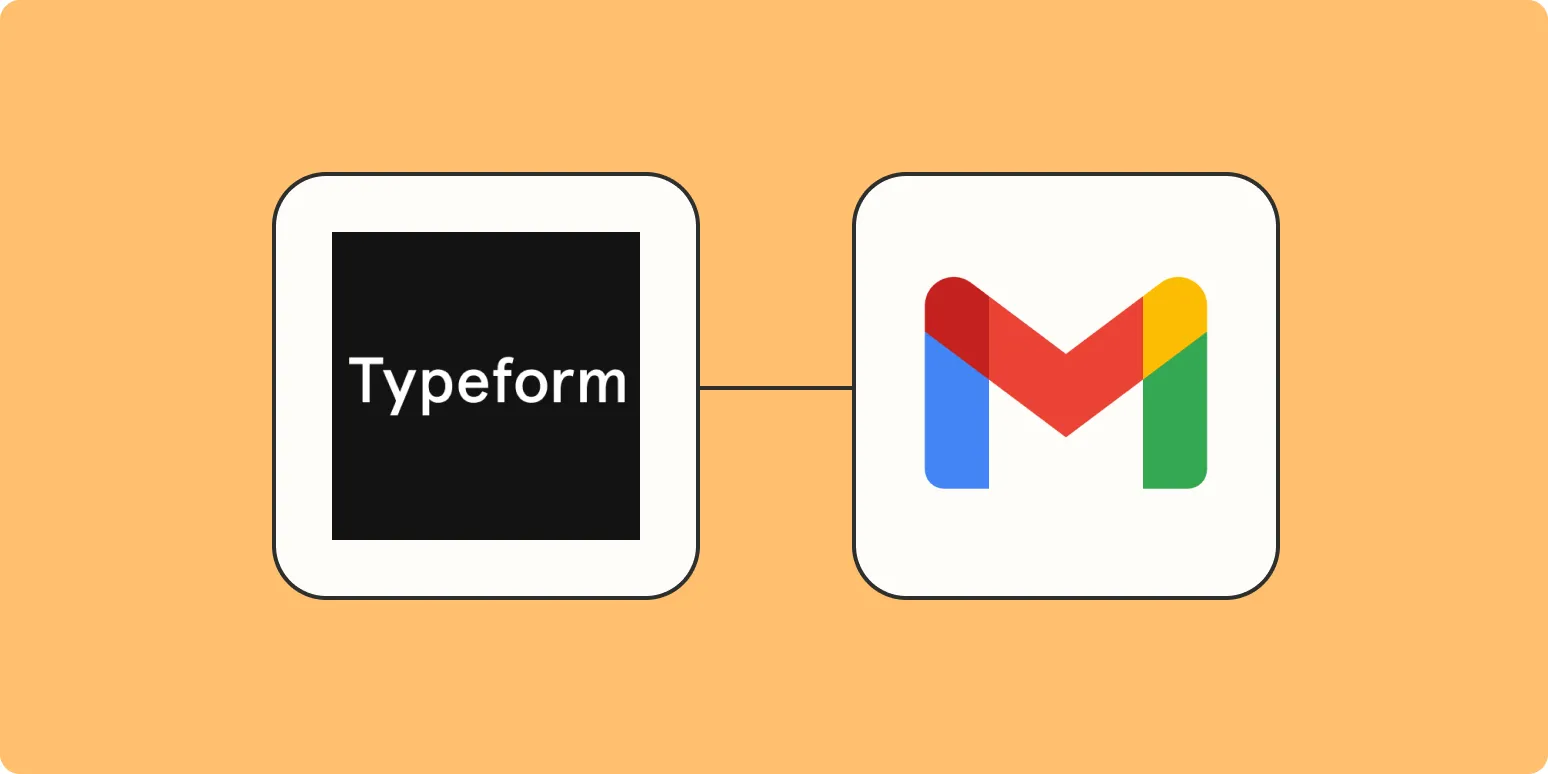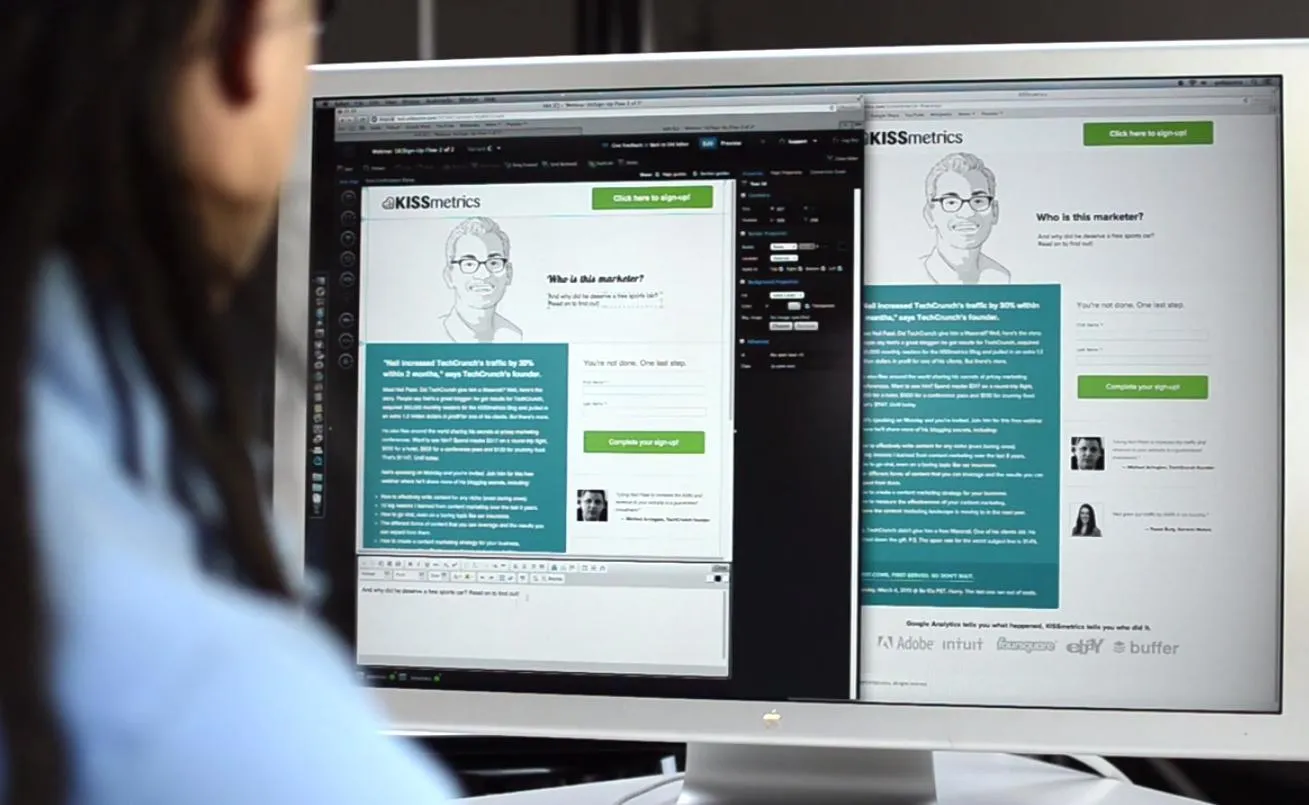Typeform is a popular online tool that allows users to create engaging forms and surveys. One of its standout features is the ability to automate actions based on responses. In this article, we will explore how to set up email notifications to your Gmail account whenever a new Typeform response is submitted. This integration can streamline your workflow and help you stay on top of your data collection efforts.
Understanding Typeform Responses
Typeform responses can be invaluable for gathering insights from your audience. Whether you're conducting market research, collecting feedback, or running a quiz, having immediate access to responses is crucial. By connecting Typeform to Gmail, you ensure that every new response is sent directly to your inbox, allowing for prompt action.
Benefits of Integrating Typeform with Gmail
Integrating Typeform with Gmail comes with several benefits:
- Instant Notifications: Receive immediate alerts for new submissions, keeping you informed in real-time.
- Improved Workflow: Automate your response handling, reducing manual work and improving efficiency.
- Customizable Emails: Tailor the content of the email notifications to suit your needs.
Setting Up Typeform to Send Emails to Gmail
Follow these steps to set up email notifications for new Typeform responses:
Step 1: Create Your Typeform
First, you need to create a Typeform. Go to the Typeform website, sign up or log in, and start a new form. Customize your questions and design to suit your needs.
Step 2: Access the Integrations Section
Once your Typeform is ready, navigate to the Connect panel. Here, you'll find various integration options. Look for the Gmail integration.
Step 3: Connect Typeform to Gmail
Click on the Gmail integration and follow the prompts to connect your Typeform account to your Gmail account. You may need to log in to your Gmail account and grant the necessary permissions.
Step 4: Configure Email Settings
After connecting, you can customize the email settings. Choose the following:
- Recipient Email: Enter the Gmail address where you want to receive notifications.
- Email Subject: Create a subject line that will help you identify the email quickly.
- Email Body: Use the available variables to include relevant information from the Typeform response, such as the respondent's name and answers.
Step 5: Test Your Integration
Before finalizing your setup, it’s important to test the integration. Submit a test response to your Typeform and check your Gmail to see if you received the notification. This step ensures everything is working smoothly.
Automating Further with Zapier
If you want to enhance your automation, consider using Zapier. This tool allows for more complex workflows, enabling you to integrate Typeform with various other applications.
Creating a Zap
To create a Zap that connects Typeform and Gmail:
- Sign up for a Zapier account if you don’t have one.
- Create a new Zap and select Typeform as the trigger app.
- Choose the trigger event as New Entry.
- Connect your Typeform account and select the form you want to monitor.
- Set Gmail as the action app and select Send Email.
- Configure the email content similarly to the direct integration method.
Tips for Effective Email Notifications
To maximize the effectiveness of your email notifications, consider the following tips:
| Tip | Description |
|---|---|
| Use Clear Subject Lines | This helps you quickly identify the email's purpose. |
| Include Key Information | Make sure the email body contains essential details from the response. |
| Regularly Review Your Settings | Ensure your integration is still functioning and tweak settings as needed. |
Conclusion
Integrating Typeform with Gmail is a powerful way to streamline your data collection process. By following the steps outlined in this article, you can set up automated email notifications that keep you informed of new responses. Whether you use Typeform solely or alongside other tools like Zapier, you'll find that this integration enhances your productivity and response management. Take advantage of this powerful combination today and transform how you handle Typeform responses.





